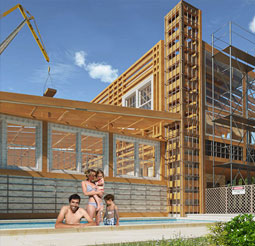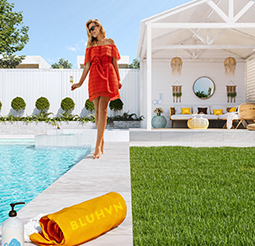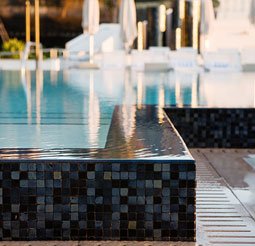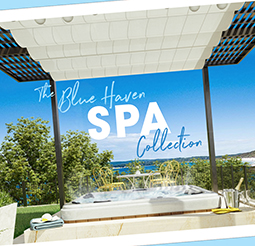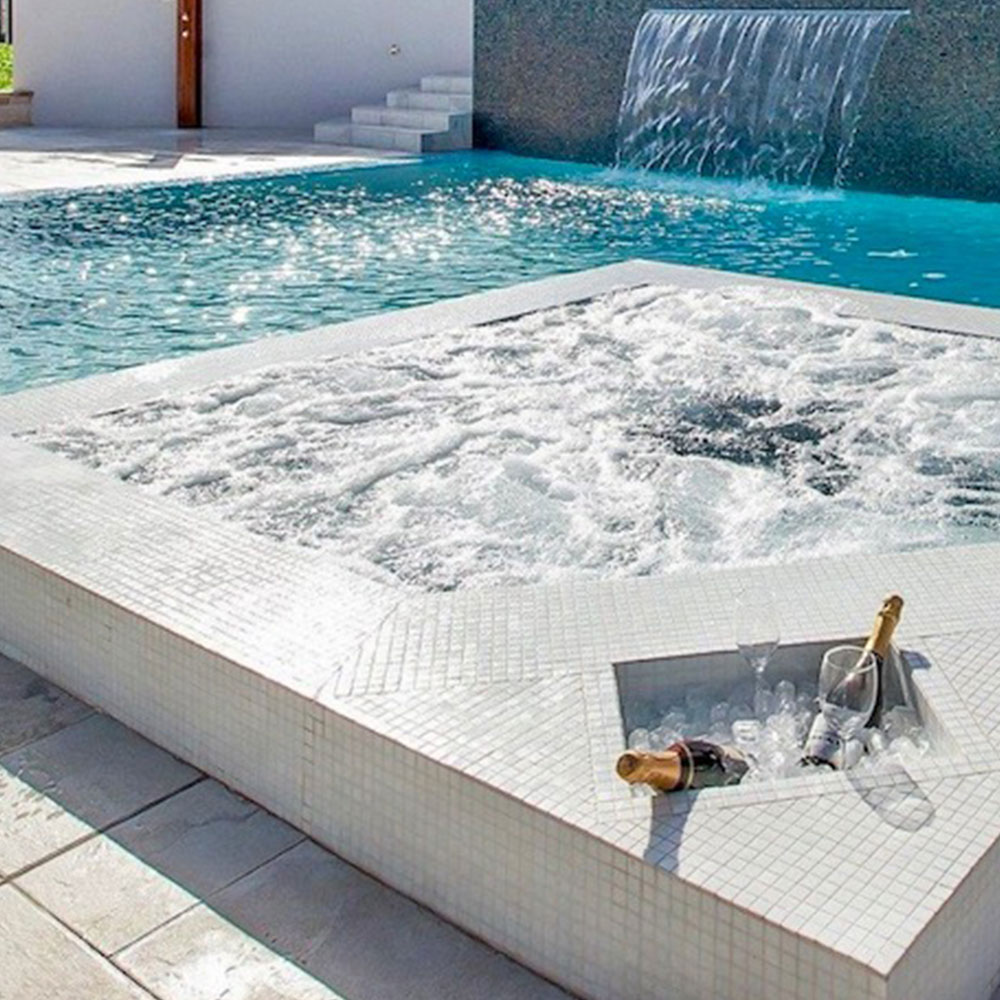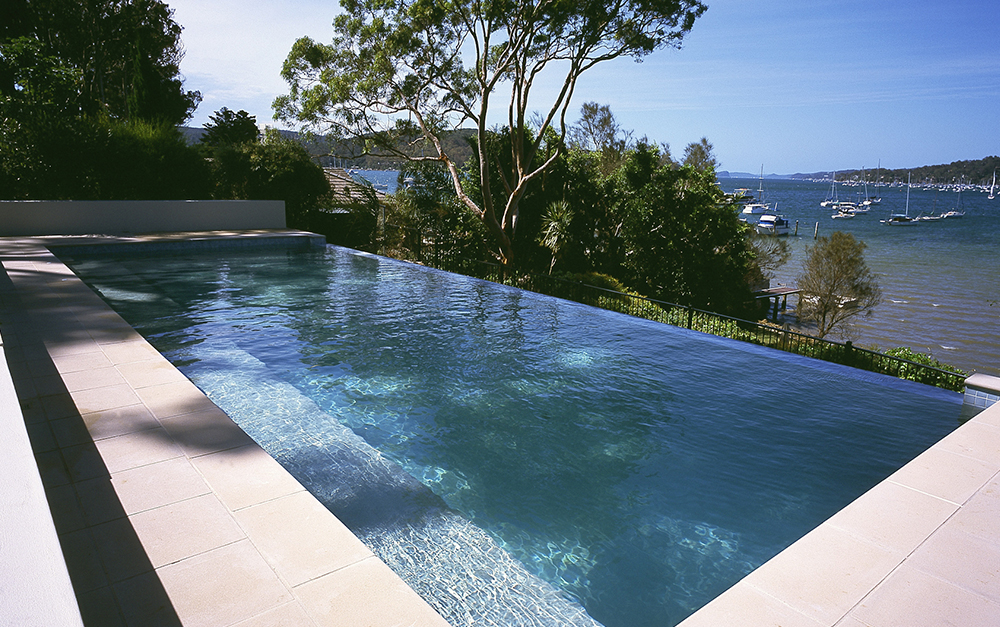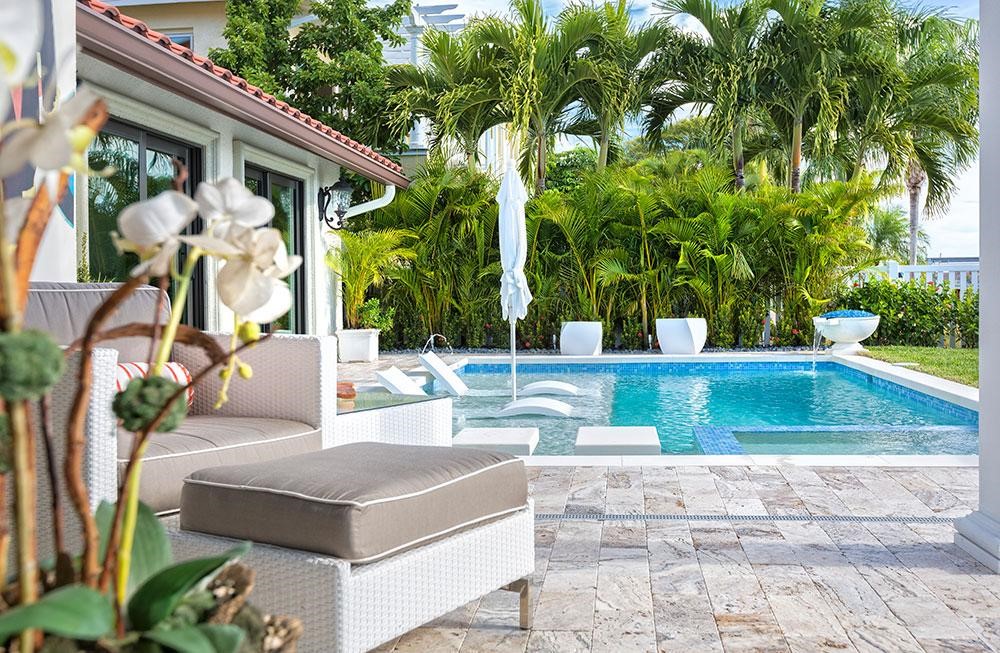The Timing Dilemma: How Long Should You Wait to Swim After Eating?
July 11, 2024
When you were a kid, you likely heard the rule about waiting 30 minutes, an hour, or even 90 minutes after eating before you swim. You’ve probably even shared the same advice with your own children. But the idea about waiting before swimming isn’t quite as clear-cut as we once thought it was.
In this article, we’ll explore the idea that you should wait a certain amount of time for food to digest before going for a swim. We’ll also offer some useful tips on staying well-fed and safe when combining eating and swimming.
The eating and swimming myth
Some people have stated that the myth about waiting an hour after eating before swimming has been around since the early 1900s. It might stem from a Boy Scout handbook that advised children could drown if they don’t wait 90 minutes before swimming. Nobody can be sure where this advice came from, but it has turned out to be inaccurate.
The idea has lived on for so long because some people believe the blood flow required to power your arms and legs while swimming can take blood flow away from the digestion process. It was suggested this could lead to cramps and eventual drowning. In fact, the diversion of blood flow isn’t significant enough to cause major problems. If anything, you may tire more quickly while swimming, but the risk of drowning because you’ve eaten is extremely minimal.
Do you really need to wait at all?
If these recommendations are a myth, it’s fair to say that you don’t really need to wait after eating. However, certain considerations could come into play depending on your exercise type. For example, taking a relaxing dip in your backyard pool after eating won’t cause you a concern. You may feel bloated or uncomfortable if you have a large meal, but that’s about it.
Performance athletes do need to monitor what they eat more carefully, but not to avoid drowning. Rather, this fuels their bodies and gives them the strength to perform at their best. We’ll touch on some of these tips later, but it’s more about what you eat, rather than how long you wait before swimming.
The benefits of eating before swimming
With this myth seemingly debunked, are there any benefits to going against the old advice and eating before you swim? Eating the right types of food before swimming can give your body the fuel it needs to perform. There is plenty of blood in your body to handle some digestion as well as physical activity.
Eating the right types of food for a workout, such as protein and carbohydrates, also helps your overall health and fitness. This is because your body uses carbohydrates as fuel, and protein helps your muscles recover more quickly.
The benefits of waiting before you swim
In the same way that there are benefits to eating before you swim, limiting food intake can also be beneficial. It’s more of a personal preference and should be determined by your activity more than anything else. However, some people feel sluggish after a big meal, and can enjoy themselves more in the pool without eating first.
If you are susceptible to frequent cramping, waiting before diving in is a good idea. Even though the myth about blood flow has been debunked, you don’t want to take the risk if you cramp easily. Also, when supervising children at the pool, allowing their food to digest can avoid potential sickness if they eat too much or too quickly.
Tips for combining nutrition and swimming
Swimming and nutrition have always been contentious issues, especially for parents. Most people grew up believing you had to wait half an hour or an hour after eating before you could jump in the water. As such, the idea gets passed down through generations, and we end up with an inaccurate view of what’s best when eating and swimming.
The reality is that you can always ensure your body has the fuel it needs without putting your safety at risk. To clear up this myth for good, let’s look at some tips for staying healthy around the pool and enjoying plenty of your favourite foods.
Eat according to your fitness level
We’ve repeatedly stressed that eating before swimming should be determined on an individual basis. An Olympic swimmer, for example, needs a complex and balanced diet both before and after swimming to maximise their performance. A person who swims laps every day for fitness will also require a certain amount of nutrition before swimming. However, someone simply enjoying a float in the backyard pool may not necessarily require a lot of body fuel to get going.
So, determine your food intake and timing according to your activity. Eating a light snack before hitting the pool is usually safe, perhaps 30 minutes prior. It might be best to wait a couple of hours after a large meal, but again, this is for comfort and performance, not safety.
Foods to avoid before swimming
Now that we’ve established you don’t need to wait excessive periods of time before swimming, there are a few foods you’d be best to avoid. In the pool, it doesn’t matter if you’re an adult swimming laps or a child splashing around for fun. The activity still uses energy, so it’s important to fuel the activity with healthy food.
Some examples of foods to avoid include:
- Alcohol
- Caffeine
- Excess fibre
- Fatty foods
- Spicy foods
These types of food can lead to gastrointestinal issues such as diarrhea, nausea or an upset stomach. So, if you do enjoy the foods above, save them until after your swim. They offer little in the way of body fuel and nutrition, so avoid them before you hit the pool for your daily swim.
Snacks vs meals
As we just touched on, time limits before swimming should be adjusted depending on what you’ve consumed. Most swimmers enjoy a light snack in the 30-60 minutes before swimming. This could be fruit, yoghurt or anything else that gives you the energy boost you need.
Eating breakfast is a good idea for those who swim first thing in the morning. This allows your body to use the food as fuel and burn calories more effectively. Not everybody has a big appetite in the morning, but you’ll get into a routine that suits you and your swimming best.
If you’ve got kids enjoying a day in the sun, check out some of these tips for healthy poolside snacks. Being healthy in the pool isn’t just for professional athletes, so make sure the kids are looked after, too.
Carbohydrates for energy
If your swimming sessions are a little more intense than relaxing, your body needs energy. Going swimming without carbohydrates isn’t necessarily dangerous, but most health advice suggests carbs are good for workouts.
Carbohydrates give your body the fuel it needs to perform exercises such as swimming. Without eating carbohydrates, your muscles can become sore and tire more easily, leading to a less-effective workout. So, whether you choose a big meal a couple of hours before swimming or a light snack just before, make sure you include some carbs.
Don’t forget protein
Carbohydrates are important, but so is protein. The health and fitness world is full of conflicting advice, but most people agree that protein is excellent for muscle repair and recovery. If you are serious about athletic performance, you might want to research carbohydrates and protein to determine the right times and amounts to take in line with your workouts.
However, if you just want to stay healthy and give yourself the energy needed for a swim, protein is also good for sustaining the energy those carbohydrates produce.
Stay hydrated
We’ve talked a lot about eating in this article, but staying hydrated is just as important. During any level of exercise, it’s important to keep your fluids up to avoid dehydration. Dehydration can lead to fatigue, dizziness, headaches, high heart rate, low blood pressure and more. Needless to say, these are all things to avoid when you’re in a swimming pool.
Again, consume the amount of water you need for your chosen activity. Even though you’re in water, the heat from the sun or water itself can quickly cause dehydration. So, no matter what you do in the pool, regularly hop out for some water and keep yourself safe and healthy at all times.
Need some more healthy swimming tips?
If you want to get the most out of your residential swimming pool, Blue Haven is here to help. We specialise in custom pool designs, offering everything from lap pools to larger inground concrete swimming pools. Plus, we’ve got plenty of resources to help you choose the perfect pool for your needs. Contact our experts today, and we’ll be happy to discuss your brand-new pool or spa. Or, if you just need some advice on maximising the benefits of your pool, cleaning or maintenance requirements, we’re always happy to help.
Read More:

